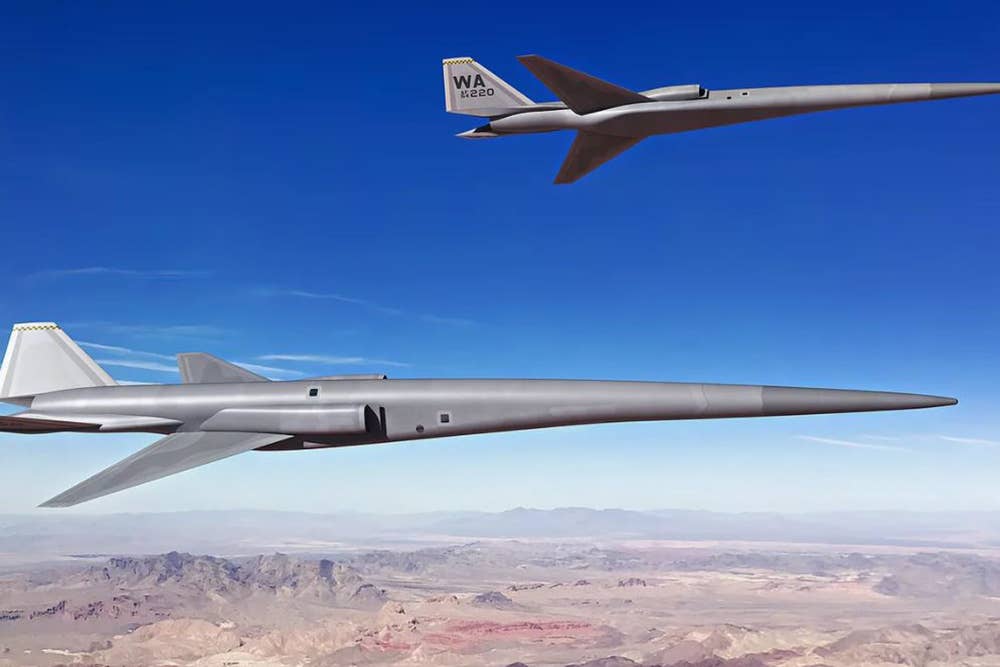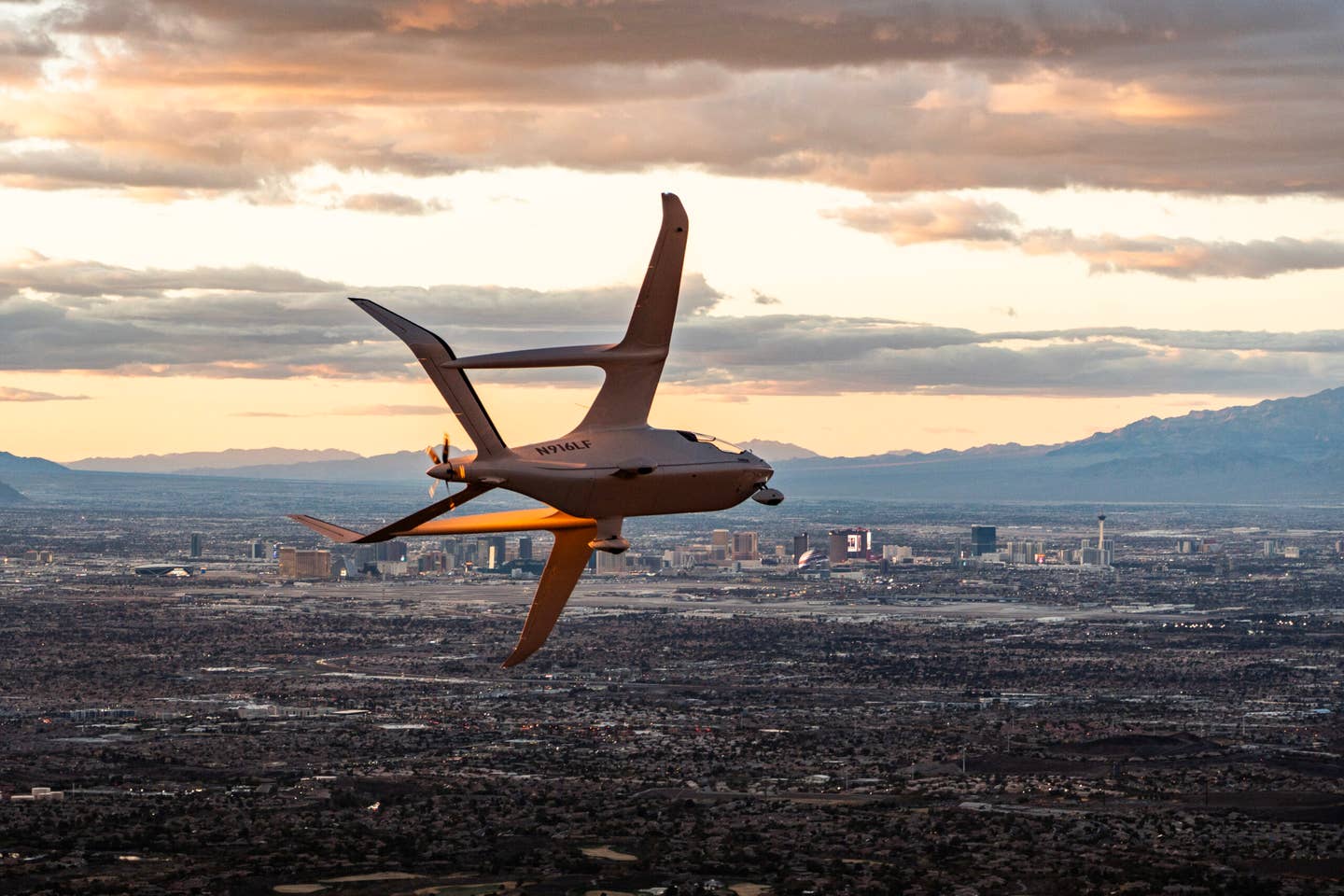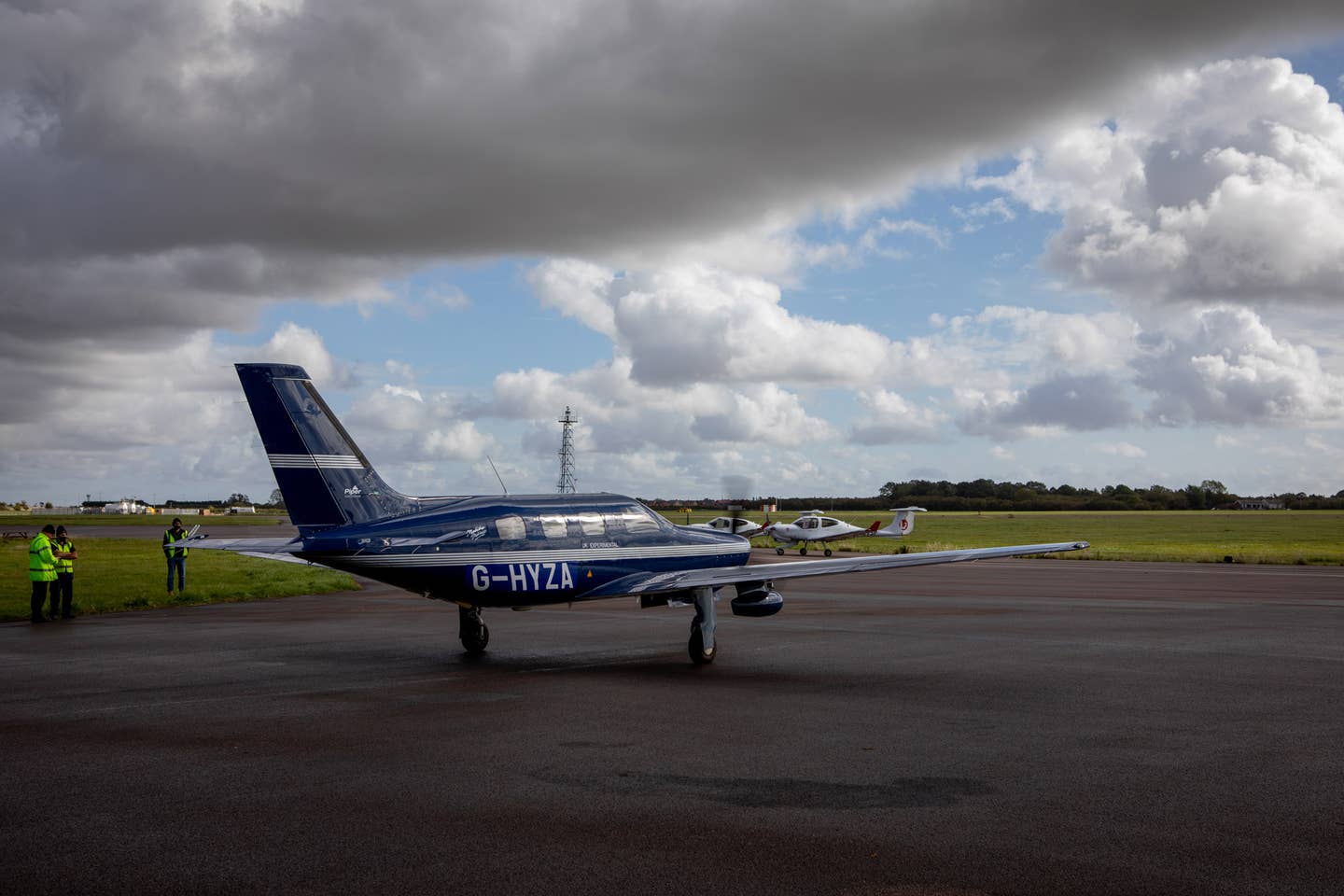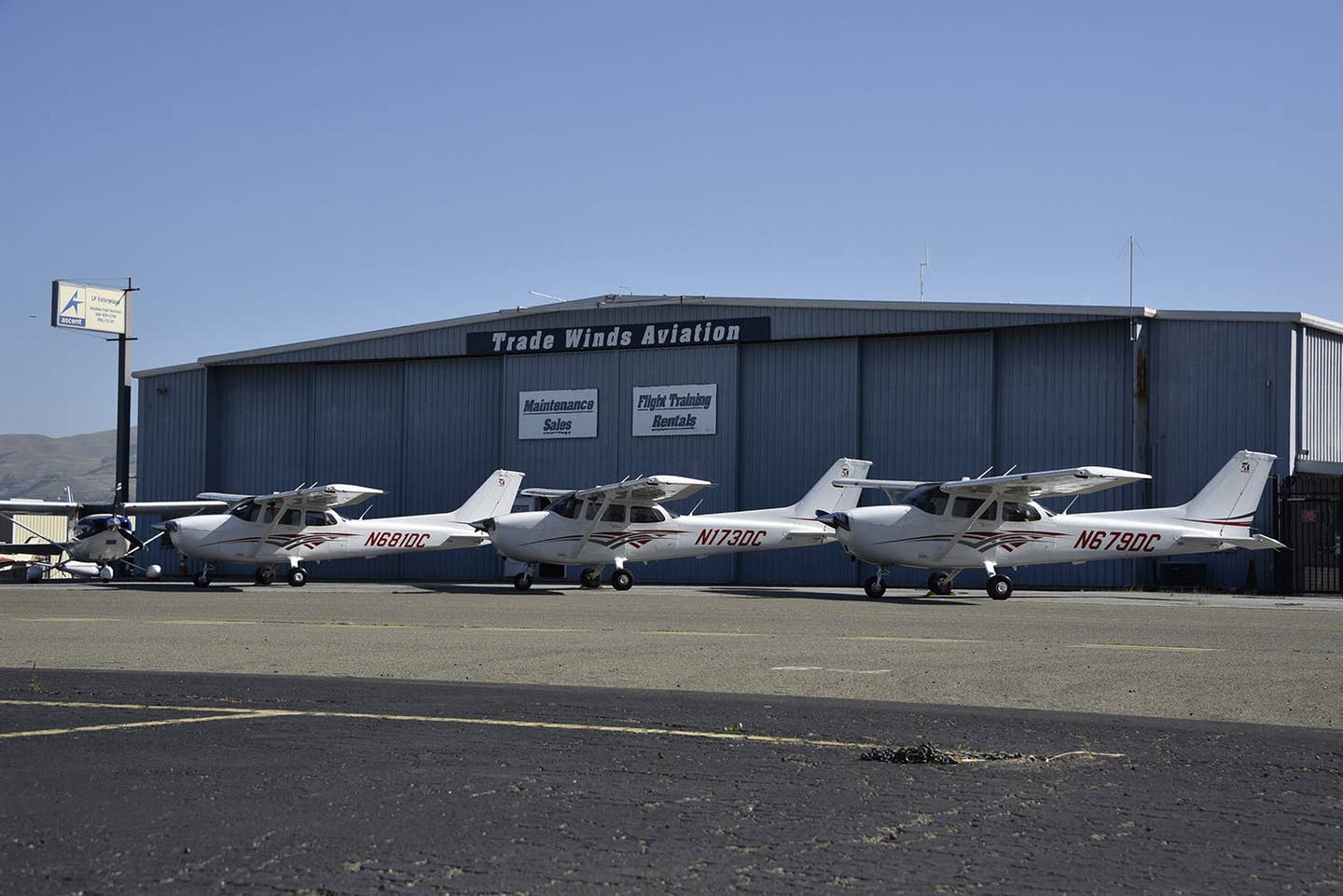Exosonic, Twelve Partner For Supersonic Jet SAF
Exosonic’s supersonic jet engines under development will be fueled by fully compatible sustainable aviation fuel (SAF) produced by carbon transformation company Twelve.

The fuel will be used in Exosonic’s supersonic unmanned aerial vehicle (UAV) product lines, as well as its supersonic airliner. Credit: Exosonic
Exosonic’s supersonic jet engines under development will be fueled by fully compatible sustainable aviation fuel (SAF) produced by carbon transformation company Twelve, according to a new agreement the two companies announced this week.
Exosonic and Twelve announced Thursday they entered into a memorandum of understanding to develop SAF for use with Exosonic supersonic jet engines.
Berkeley, California-based Twelve is maker of a proprietary technology that uses electrolysis to convert CO2 into aviation fuel, called E-Jet. The fuel is drop-in ready and certified and has 90 percent lower lifecycle emissions, according to the company.
“E-Jet is made with our carbon transformation technology, a new electrochemical reactor and proprietary catalyst that electrifies CO2 and water, which creates synthesis gas, CO + H2, which we then refine into carbon neutral jet fuel,” Twelve said in a statement.
The fuel will be used in Exosonic’s supersonic unmanned aerial vehicle (UAV) product lines, as well as its supersonic airliner, according to Norris Tie, CEO and co-founder of the aerospace company.
“We believe the aviation industry needs to move toward more sustainable solutions,” Tie said. “Exosonic must be sustainable from Day 1, and our partnership is a great start to that vision.”
Military Benefits
Last month, the U.S. Air Force announced that a pilot program underway with Twelve to demonstrate its proprietary technology had hit a “major milestone” when the company successfully produced jet fuel from CO2, proving it worked. The first phase of the demonstration program is set to conclude in December.
“For the Air Force, the implications of this innovation could be profound,” USAF said in a statement. “Initial testing shows that the system is highly deployable and scalable, enabling the warfighter to access synthetic fuel from anywhere in the world. Reliable access to energy and fuel is paramount to military operations. Recent joint wargaming and operational exercises have underlined the significant risk that transporting, storing, and delivering fuel poses to troops— both at home and abroad.”
Military dollars are also helping to fund supersonic innovation.
In October, USAF awarded a $750,000 research contract to Exosonic for a supersonic UAV demonstrator. The technology will be the first purpose-built supersonic UAV developed to aid the Air Force in training pilots, at a time when the service faces challenges stemming from pilot shortages, Exosonic said.
The 15-month Direct to Phase II Small Business Innovation Research (SBIR) contract was awarded by the Air Force Life Cycle Management Center’s AFWERX innovation arm, and is in partnership with Air Combat Command and the Air Force Research Laboratory, and the Presidential and Executive Airlift Directorate.
What’s to Come
The supersonic UAV demonstrator is expected to be delivered in 2024, and is expected to play a role in advancing development of Exosonic’s supersonic airliner. The company said it’s reinvesting profits from UAV sales into supersonic product development, including its 70-passenger airliner designed to fly overland with a low boom in the 5,000-nm range.

Sign-up for newsletters & special offers!
Get the latest FLYING stories & special offers delivered directly to your inbox






